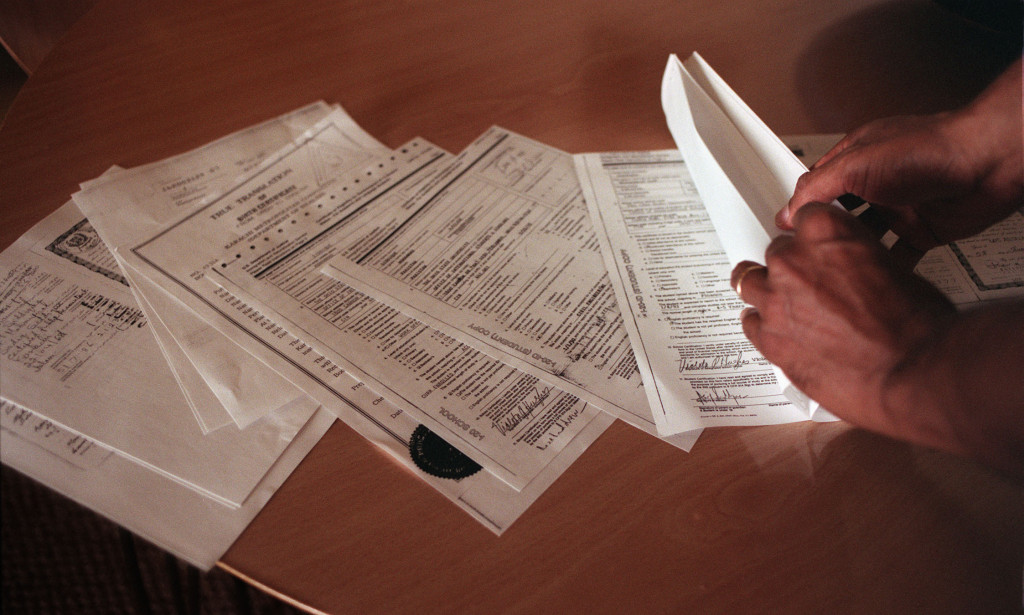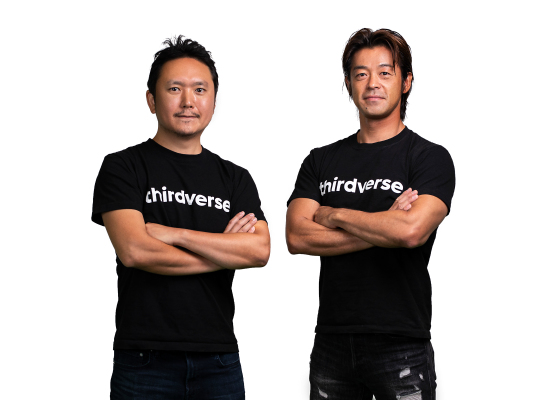Federal authorities plan to add a $10 fee to the first stage of the new application process for the controversial H-1B visa, after finalizing a rule that didn’t include the fee.
The new process requires applicants — employers seeking visas for workers — to file a preliminary registration with U.S. Customs and Immigration Services before becoming eligible to apply for the visa. In January, the agency finalized the registration rule, saying employers would bear the “opportunity cost of time associated with registration,” but a fee was not included. Only the registrations selected by the agency are to proceed to the application process, which can cost thousands of dollars per visa in government fees and legal expenses.
![]()
The new registration requirement was suspended for the annual H-1B application lottery earlier this year. Now the agency has issued a notification of its plan to amend the registration rule to include a fee. The $10 charge on visa applications subject to the annual 85,000 cap could be imposed in time for next year’s H-1B application period, in April, according to the notification of the proposed amendment to the registration rule.
Adding registration to the H-1B application process should save employers with registrations not selected a collective $40.4 million to $64.2 million per year because they’d be rejected before the expensive next step, the notification said. The cost of preparing and filing each registration would amount to $15.63 to $30.80, with a collective $2.3 million to $2.6 million for all registrants, according to the notification, posted Wednesday.
The H-1B, intended for jobs requiring specialized skills, has become a flashpoint in America’s immigration debate. Silicon Valley tech giants and others lobby for an increase to the annual cap, arguing that they need more H-1B visas to secure the world’s top talent. Critics point to reported abuses and argue that outsourcing companies and tech firms use the visa to supplant American workers with cheaper foreign labor.
The administration of President Donald Trump has dramatically increased H-1B denials, with outsourcing and staffing companies particularly hard hit.
A public comment period on the proposed new fee is open until Oct. 4, according to the notification.










